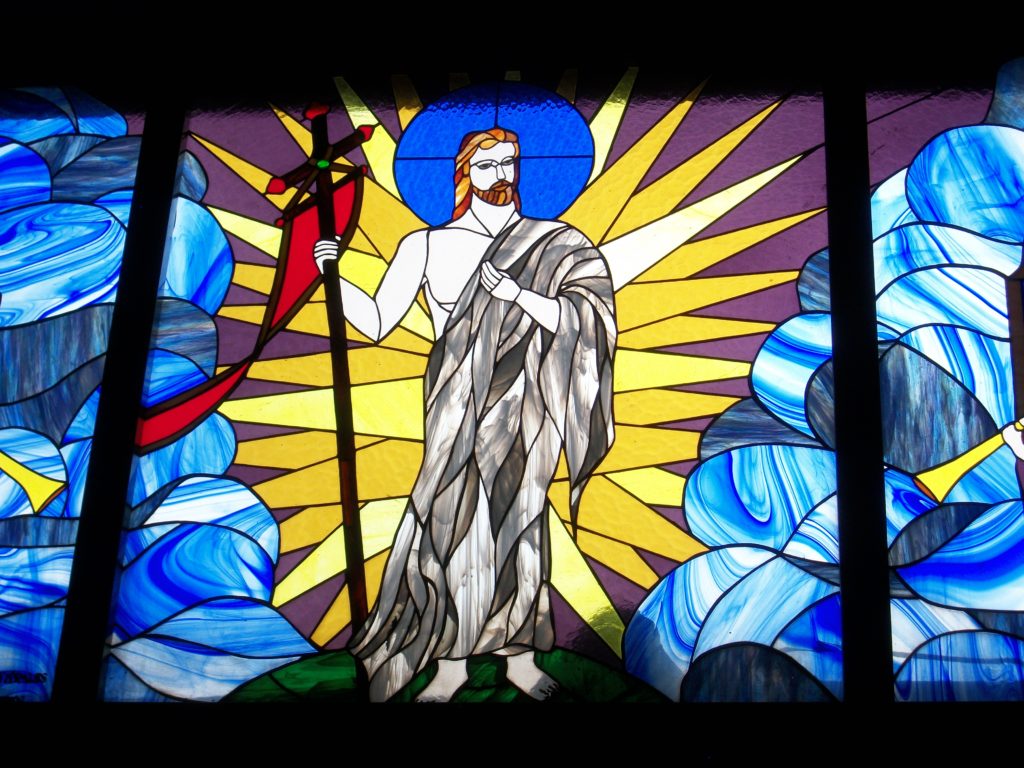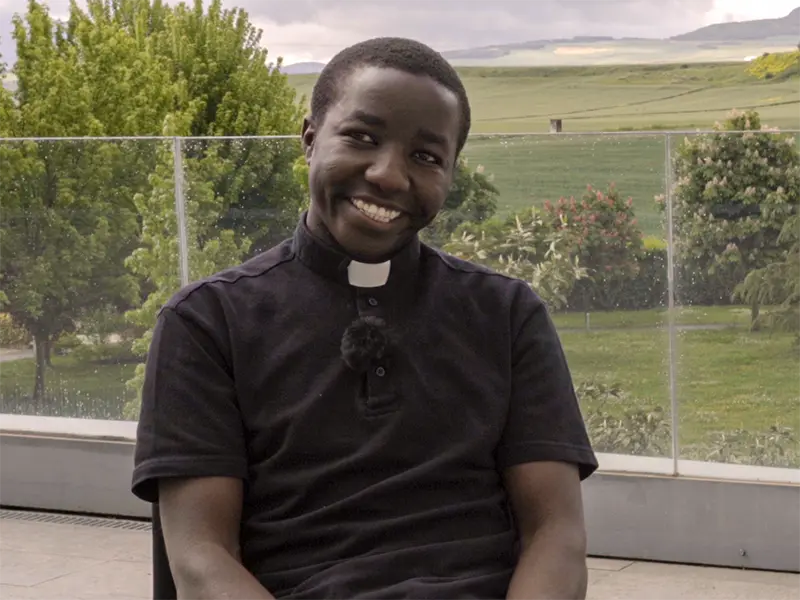Cardinal Cobo: Reversing Disaffection and Promoting Dialogue
The Cardinal Archbishop of Madrid presides over an informative breakfast in which he presents the International Academy of Catholic Leaders
The Importance of an Ethical and Participatory Policy
Cardinal José Cobo, Archbishop of Madrid, has emphasized the need to promote an ethical and participatory policy during an informative breakfast organized by the International Academy of Catholic Leaders. In his speech, Cobo stressed the importance of “doing good politics, as Pope Francis says,” with the aim of reversing the growing disaffection and skepticism towards the public. To do so, he stressed the importance of encouraging citizen participation, especially of young people, in the construction of a future that directly affects them.
Initiatives of the Archdiocese of Madrid
The vice president of the Spanish Episcopal Conference presented the main lines of action of the Archdiocese of Madrid in terms of social and political awareness and training, with the launch of the Academy of Catholic Leaders. This academy seeks to promote dialogue, mutual trust and the spirit of loyalty between citizens and the political sphere, creating spaces for meeting to discuss, listen to each other and grow in fraternity.
 Trust and Unity in Diversity
Trust and Unity in Diversity
During his speech, Cobo stressed that the Church does not intend to take away the spotlight from anyone or appropriate other people’s spaces, but rather to support initiatives that strengthen the social fabric. To this end, he proposed coordinates for dialogue based on mutual trust and authentic unity. He stressed the importance of cultivating social friendship and respectful unity with diversity, promoting effective links instead of confrontation and rejection.
The Phenomenon of Disengagement
Referring to the Caritas Foessa report, Cobo warned about the phenomenon of “the great disconnection”, where society is increasingly disconnected from God and from personal relationships. This uprooting, which makes us feel orphaned and rootless, is a dangerous symptom of the historical amnesia that affects our society. As an antidote, the cardinal presented the values of the Synod, which promote relationships and community ties.
Promoting Dialogue and the Culture of Encounter
Cobo reiterated the commitment of the Archdiocese of Madrid to collaborate with the International Academy of Catholic Leaders to promote leadership and political vocation through dialogue and encounter. He stressed that the archdiocese already has training and encounter projects for politicians and young people involved in political life, and that this space for leadership animation will continue to be promoted.
The Network of Catholic Leaders and Social Commitment
José Antonio Rosas, director of the Academy of Catholic Leaders, presented the general lines of this platform, which already has a consolidated presence in Europe, America and Africa. The academy offers training programs for young people and a meeting space for Catholics involved in politics, promoting social commitment and ethical leadership.
Experiences of Dialogue and Consensus
Carmen Sánchez Carazo, former councilor of the Madrid City Council, highlighted the importance of dialogue and consensus in politics. She recalled the forum of politicians of various tendencies promoted by the Archbishopric of Madrid, a space for reflection that meets every two weeks. In this forum, participants freely dialogue and seek points of consensus to work together for the common good.
Youth Training and Promotion of the Common Good
Laura Moreno, delegate for Youth Ministry of the Archdiocese of Madrid, stressed the commitment to train young people in a school that promotes social friendship and the common good. She stressed the need to offer experiences and processes that free young people from any form of narcotization and slavery, promoting joint work and mutual support.
Listening as a Fundamental Pillar
Cardinal José Cobo closed the event by recalling that listening to others is the first step to disarm the dynamics of confrontation and build a policy that is a true service to the common good. He stressed the importance of the Eucharist and reconciliation as anchors to seek channels of dialogue in diversity, thus promoting a more just and fraternal society.
Related

Reflection by Bishop Enrique Díaz: Alleluia, alleluia
Enrique Díaz
20 April, 2025
5 min

Christ is Risen! Alleluia! Commentary by Fr. Jorge Miró
Jorge Miró
20 April, 2025
3 min

Easter: Mystery of Freedom
Carlos J. Gallardo
20 April, 2025
5 min

“Being Catholic in Tanzania is a source of pride”
Fundación CARF
16 April, 2025
6 min
 (EN)
(EN)
 (ES)
(ES)
 (IT)
(IT)

